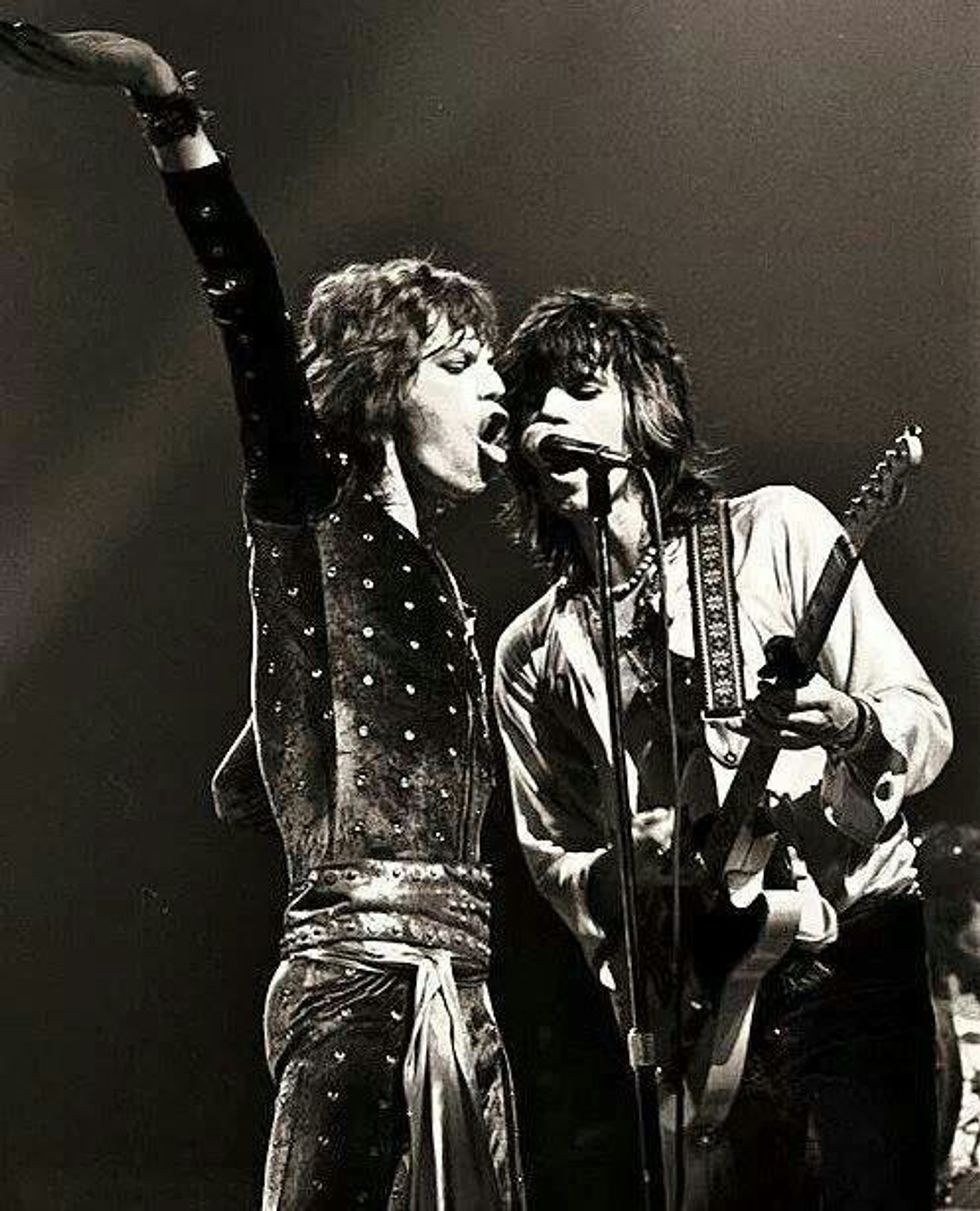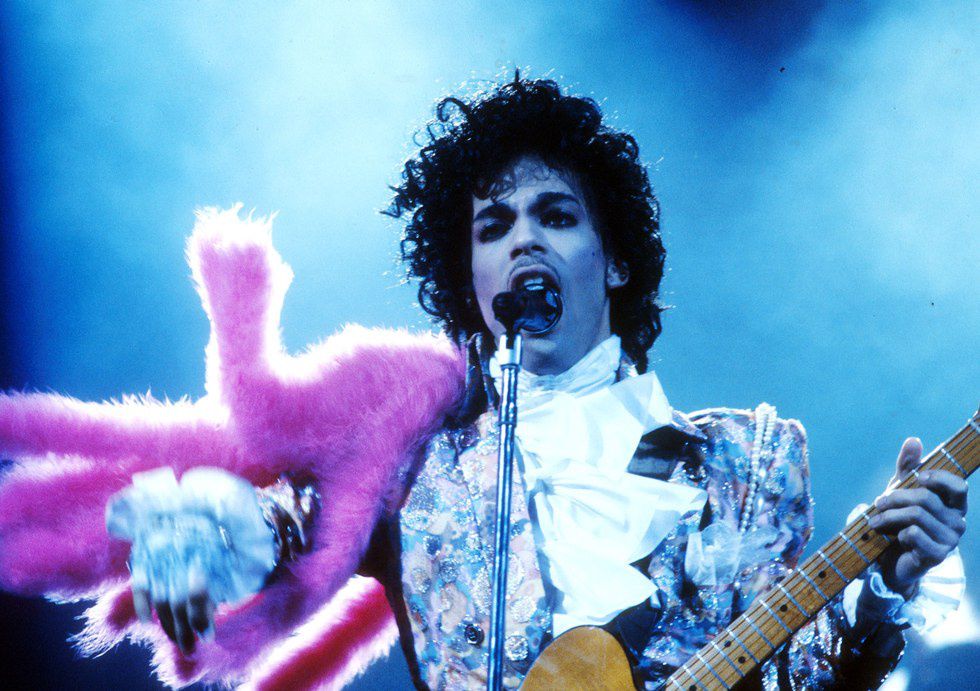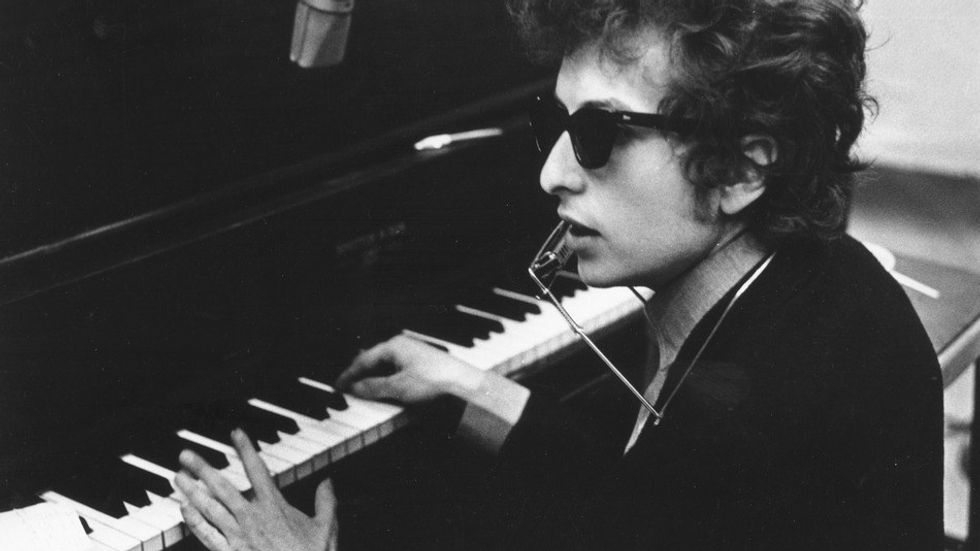A conversation with a friend the other night over the genius of Freddie Mercury, the malleability of David Bowie, and the mystique of the Glimmer Twins led me to start comparing music icons of the past and present. Over the years it seems as if the way we define iconography has transformed into something much more packaged and sterile. If you were to Google search "iconic musicians" you'll find a list that includes people like Bob Dylan, Aretha Franklin, or Elvis Presley to name a few. The only two musicians you'll see from this era to grace that list are Beyonce and Lady Gaga, which begs the question: who else does this generation has to offer?
The way stars of the past seemed so unapologetically themselves is a quality that appears few and far between today. With every move so calculated, music celebrities today often seem more like products than they do actual musicians. It is hard to think of many artists today that you can group in the same category as someone like Prince or Michael Jackson. Stars like Beyonce or Lady Gaga come close in their creativity and artistry, but at the same time their images are still so carefully constructed before being consumed by the public. It is difficult to imagine a musician today offering up the same effortless cool as Mick Jagger or Keith Richards while also achieving that same caliber of talent. There are a lot of musicians today who look the part, but being an icon should be about more than just looking the part. An icon should be the full package; meaning not only do you look the part, but you have the substance to back your image.
It'd be naive to assume that music megastars of the past weren't strategically marketed as well. Of course they were. However, at the heart of the matter it was about the music and the mastery of their craft. Every move wasn't so calculated. I don't want to pass any value judgements on stars of the past and present, but it is not hard to recognize there is a much different celebrity landscape today, one in which talent seems to be taking a backseat to image. The introduction of social media has undoubtedly played a huge role in this shift. Being able to follow the artists we like on platforms like Twitter and Snapchat gives us the ability to feel closer to them, but the maintaining of a social media presence can at times distract from the actual music. Prince famously took issue with the Internet's increasing relevance in the world of music, and maybe he was right after all.
The universality of the music of Michael Jackson or Elvis or The Rolling Stones just can't be compared to much of what we hear today. It's not necessarily a bad thing, just different. What defines a music icon has morphed over the last few decades from something organic and uninhibited to something much more calculated and unimaginative.









 Energetic dance performance under the spotlight.
Energetic dance performance under the spotlight. Taylor Swift in a purple coat, captivating the crowd on stage.
Taylor Swift in a purple coat, captivating the crowd on stage. Taylor Swift shines on stage in a sparkling outfit and boots.
Taylor Swift shines on stage in a sparkling outfit and boots. Taylor Swift and Phoebe Bridgers sharing a joyful duet on stage.
Taylor Swift and Phoebe Bridgers sharing a joyful duet on stage.












